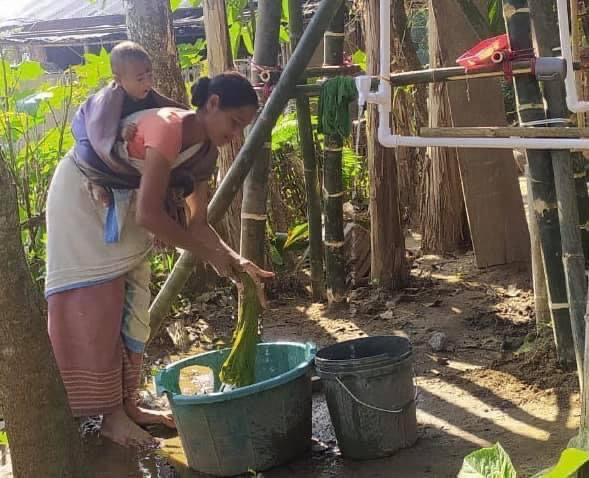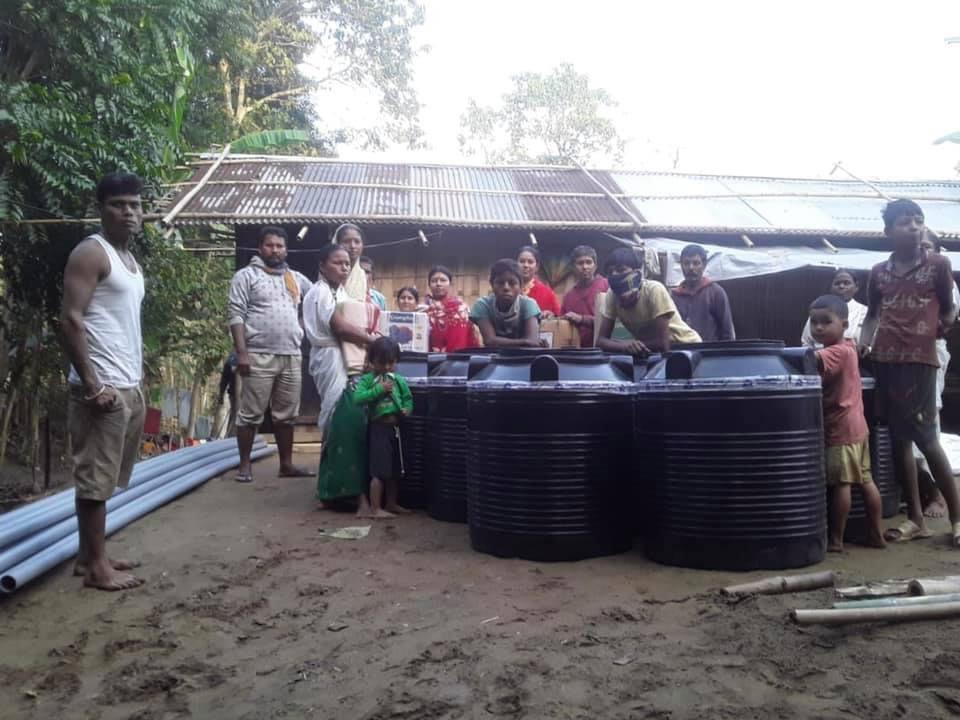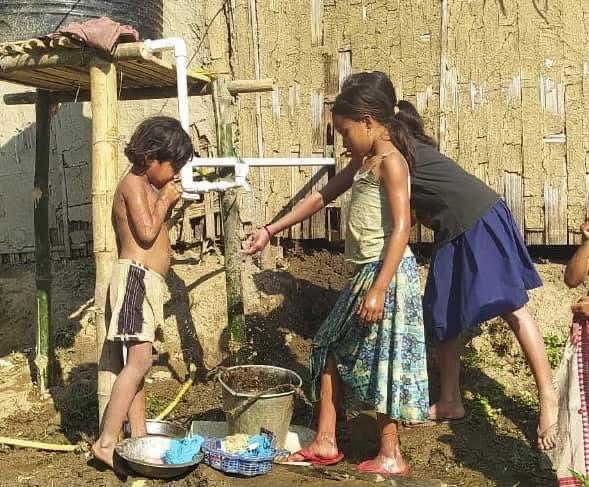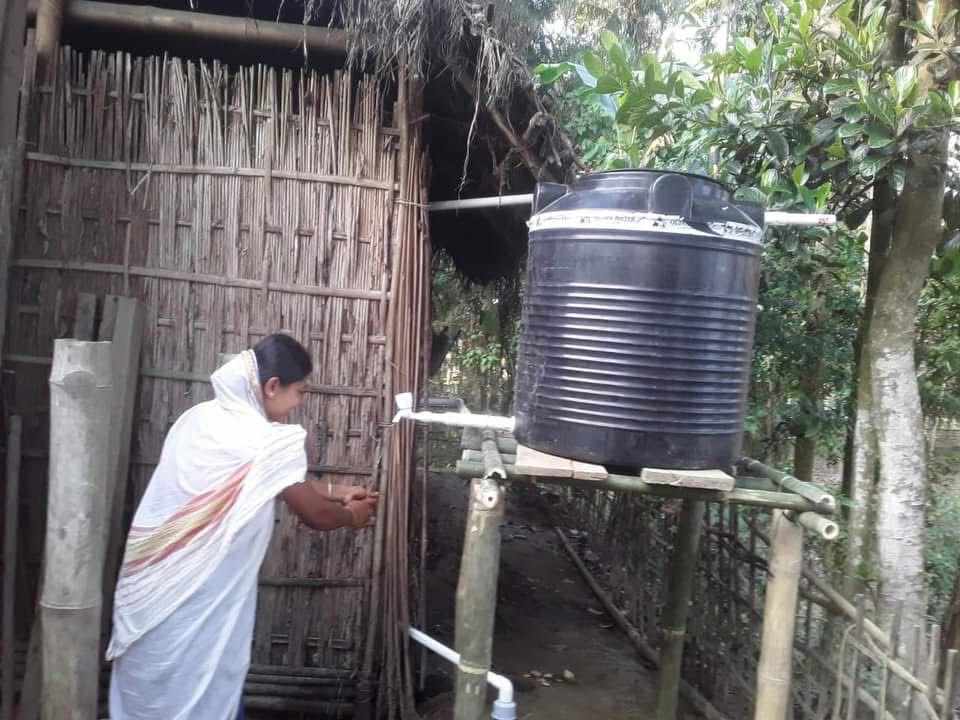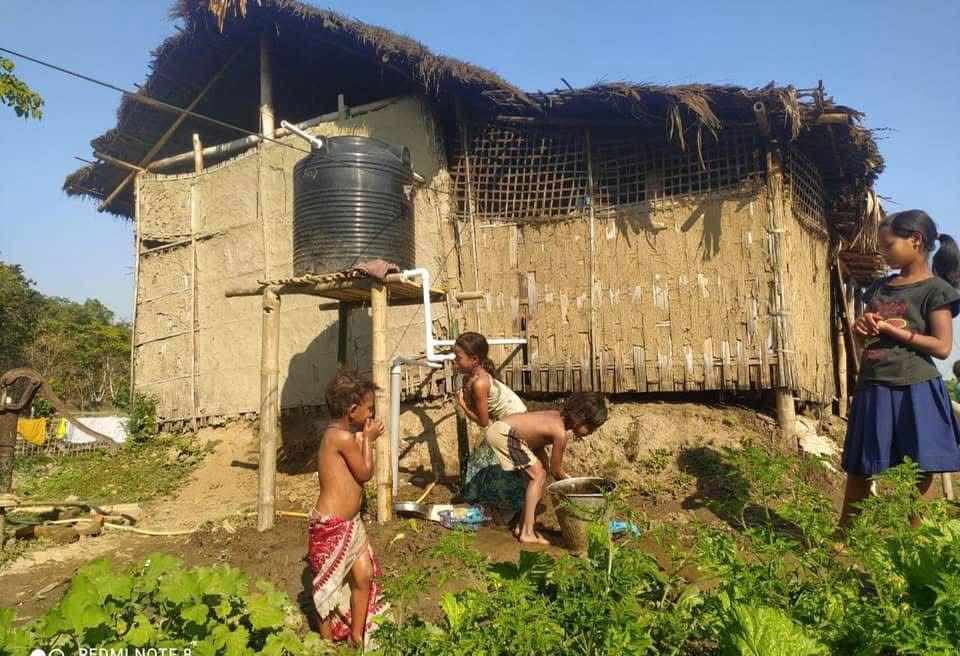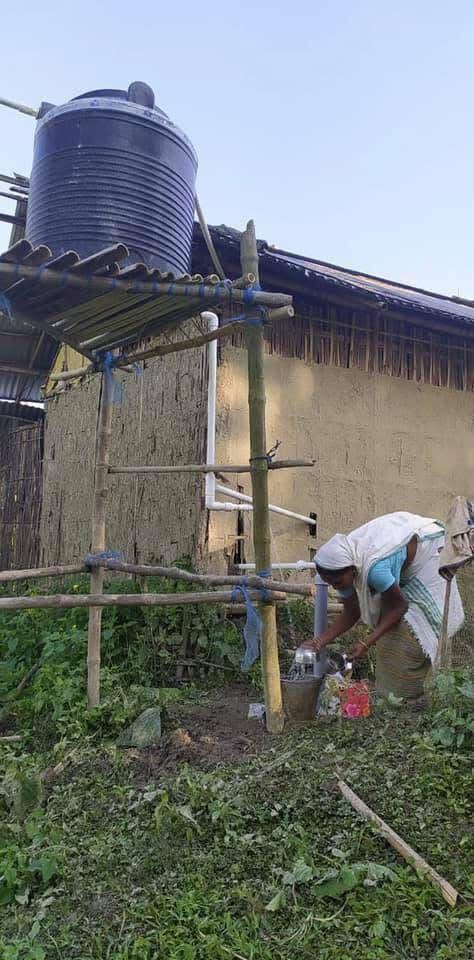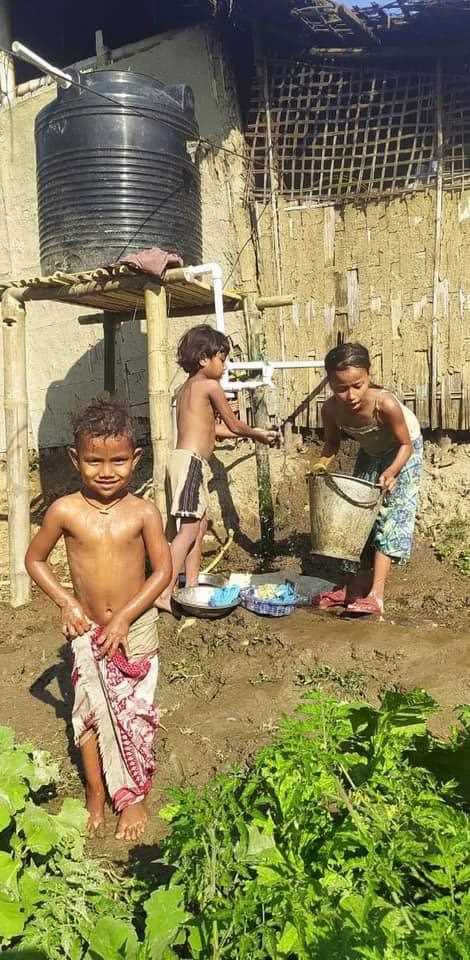Silikhaguri Water Project
Empowering Communities Through Access to Safe Water
The Silikhaguri Water Project is a transformative initiative designed to provide safe and sustainable drinking water to every household in Silikhaguri, a remote village in North Lakhimpur, Assam. For decades, the villagers relied on contaminated floodwater and other unreliable sources for drinking and daily use, exposing themselves to severe health risks. Women in Silikhaguri, in particular, faced the physically taxing challenge of walking 5-10 km every day to fetch water for their families. This project has not only ensured access to clean water but has also significantly alleviated their daily burden, improving their quality of life. By installing water pumps, reservoirs, and tube wells, the project guarantees that clean water reaches every home, even those without electricity.
Meeting Basic Human Rights and Social Welfare Standards
Access to clean water is a basic human right, recognized under international social welfare frameworks such as:
1. The Universal Declaration of Human Rights:
The initiative promotes better hygiene and sanitation practices, fostering a healthier, safer environment for the community.
2. The United Nations Sustainable Development Goals (SDG 6: Clean Water and Sanitation):
By delivering clean water to households, the project contributes to sustainable water management and the prevention of waterborne diseases.
3. UNICEF’s Water, Sanitation, and Hygiene (WASH) Standards:
The initiative promotes better hygiene and sanitation practices, fostering a healthier, safer environment for the community.
4. The WHO/UNICEF Joint Monitoring Programme for Water Supply, Sanitation, and Hygiene (JMP):
It aligns with the goal of achieving universal and equitable access to safe drinking water for all.
Community-Centered Implementation
Beyond its technical achievements, the Silikhaguri Water Project exemplifies a community-driven approach. Villagers have actively participated in every stage, from planning to implementation, fostering a strong sense of ownership and collective responsibility. The project has empowered local leaders, strengthened community ties, and created a sustainable model for future initiatives.
Overcoming Challenges
The project faced significant hurdles due to Silikhaguri’s location in a flood-prone region, where water contamination is severe, and open defecation exacerbates the risks. Addressing these challenges required innovative solutions, such as:
1. Installing water pumps and reservoirs in each household.
2. Using tube wells in homes without electricity.
3. Implementing rigorous trial-and-error methods to ensure efficiency and sustainability.
Despite these difficulties, the project has successfully transformed the village. Women no longer need to undertake the exhausting daily task of fetching water from distant sources, enabling them to allocate their time to other productive and personal activities. This shift has contributed to enhancing gender equality and improving overall well-being in the community.
A Model for International Standards in Social Welfare
The success of the Silikhaguri Water Project showcases the power of aligning local initiatives with global social welfare goals. By addressing systemic inequities and improving living standards, relieving women from arduous daily labor, this initiative serves as a model for similar efforts in underserved regions worldwide.
